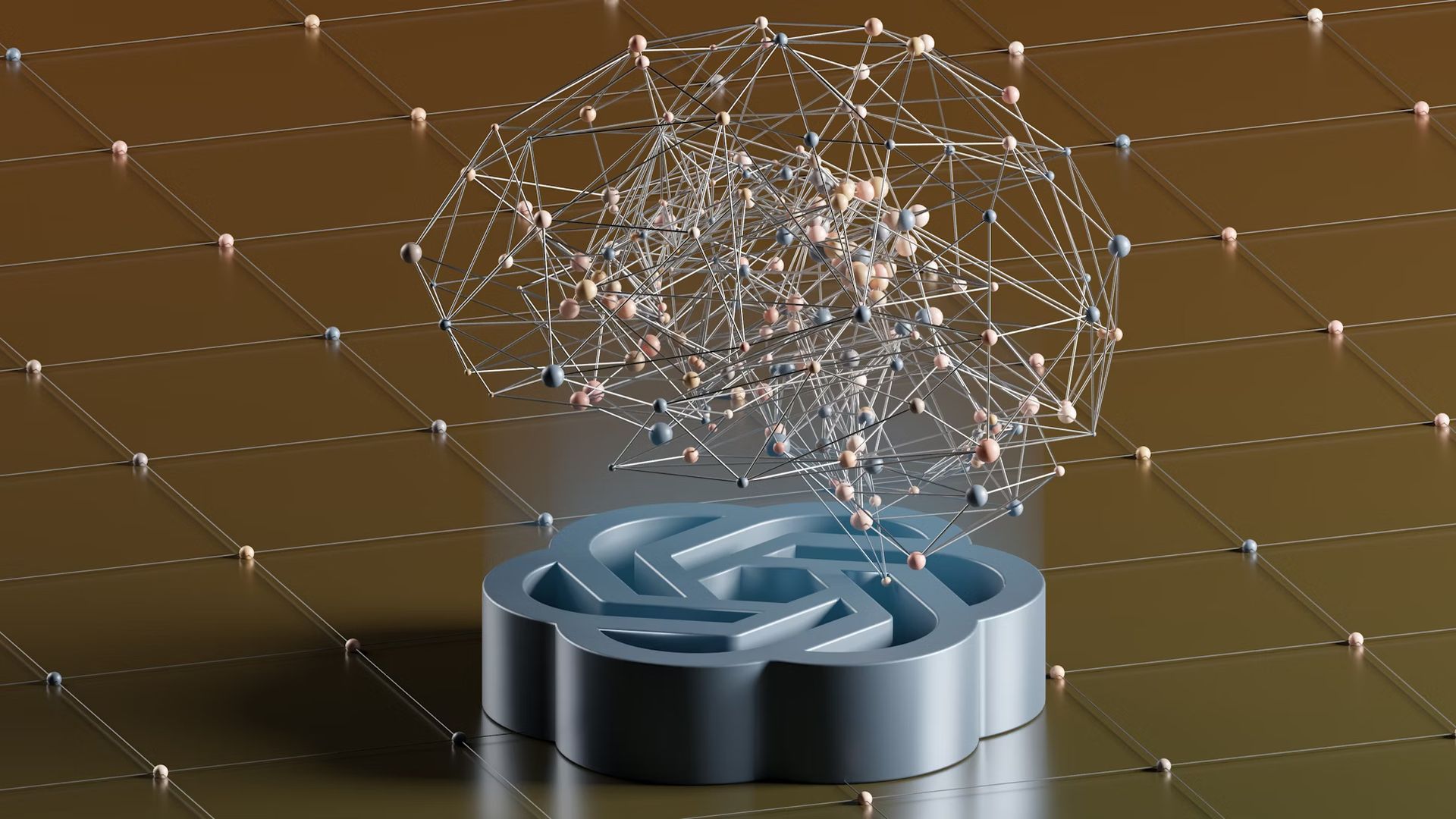and the distribution of digital products.
DM Television
Sam Altman to brief officials on “PhD-level” super AI

Sam Altman, CEO of OpenAI, is scheduled to meet with U.S. government officials on January 30, 2025, to discuss advancements in artificial intelligence, specifically the unveiling of “PhD-level” super AI agents capable of complex human tasks.
Sam Altman to discuss super AI agents with U.S. officialsRecent reports from Axios indicate a growing enthusiasm and concern among OpenAI staff regarding breakthroughs in agentic AI, which focuses on specialized, task-specific AI agents. While errors and hallucinations have previously limited AI capabilities largely to low-stakes tasks, advancements suggest a possible shift towards higher-stakes applications.
The Axios report elaborated that these “PhD-level” artificial intelligence agents could potentially execute responsibilities currently reserved for highly educated professionals. The potential implications of such developments have sparked discussions among industry leaders, including Mark Zuckerberg of Meta and Salesforce CEO, about the ongoing trend of AI replacing mid-level human jobs.
Zuckerberg specifically noted that by 2025, Meta would likely have AI capable of functioning as mid-level engineers, stating, “Over time, we’ll get to the point where a lot of the code… is actually going to be built by AI engineers instead of people engineers.”
In the broader context, companies like Microsoft are actively competing to mainstream super agentic AI technologies. Microsoft Azure has begun offering limited agentic AI solutions primarily focused on customer support. Future enhancements could enable Microsoft Copilot to handle intricate tasks, such as creating complex spreadsheets or even generating personalized software applications through intuitive prompts.
Furthermore, advancements in AI could allow for the conceptualization and execution of entire gaming environments based on user’s commands, effectively streamlining what has typically required extensive human effort.
OpenAI has also recently released an “Economic Blueprint,” highlighting that with appropriate regulations and infrastructure, AI could significantly contribute to reindustrialization in the U.S. However, concerns over tech literacy among elected officials remain, particularly regarding their ability to navigate impending social changes due to these technologies.
Despite the potential for AI to offer substantial productivity gains in various sectors, significant challenges persist, particularly in terms of reliability and the tendency for generative AI to produce incorrect information. Sources from within OpenAI indicate a mix of excitement and apprehension about these advancements, suggesting that the forthcoming innovations could have profound implications for labor markets and societal structure.
Featured image credit: Growtika/Unsplash
- Home
- About Us
- Write For Us / Submit Content
- Advertising And Affiliates
- Feeds And Syndication
- Contact Us
- Login
- Privacy
All Rights Reserved. Copyright , Central Coast Communications, Inc.